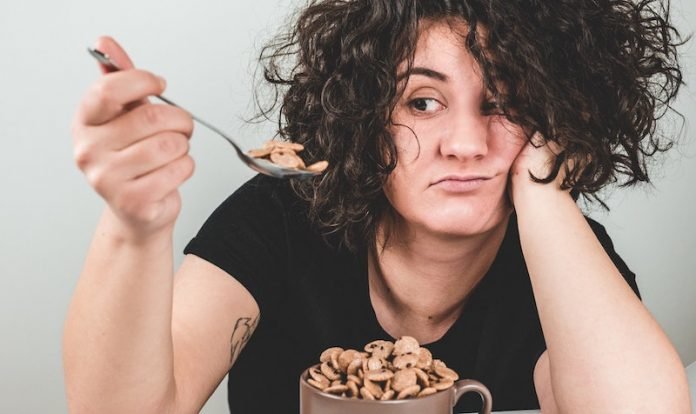
Scientists from the HEROS study team found that people with food allergies are less likely to become infected with COVID-19 than people without them. Asthma does affect risk for COVID-19 infection.
In addition, while previous research identified obesity as a risk factor for severe COVID-19, the team found obesity and high body mass index (BMI) are linked to increased risk for SARS-CoV-2 infection.
The research is published in the Journal of Allergy and Clinical Immunology and was conducted by Tina V. Hartert et al.
In the study, the team monitored COVID-19 infection in more than 4,000 people in nearly 1,400 households that included at least one person age 21 years or younger.
Roughly half of the participating children, teenagers and adults had self-reported food allergy, asthma, eczema, or allergic rhinitis.
The team found that having an allergic disease might reduce a person’s susceptibility to SARS-CoV-2 infection.
They found that having self-reported, physician-diagnosed food allergy cut the risk of infection in half, but asthma and the other allergic conditions monitored—eczema and allergic rhinitis—were not associated with reduced infection risk.
The team also analyzed the levels of immunoglobulin E (IgE)-specific antibodies, which play a key role in allergic disease, in blood collected from a subset of participants.
A correspondence between self-reported food allergy and food allergen-specific IgE measurements supports the accuracy of self-reported food allergy among HEROS participants.
The team speculates that type 2 inflammation, a characteristic of allergic conditions, may reduce levels of a protein called the ACE2 receptor on the surface of airway cells.
The team also found a strong, linear relationship between BMI―a measure of body fat based on height and weight―and the risk of SARS-CoV-2 infection.
Every 10-point increase in BMI percentile raised the risk of infection by 9%. Participants who were overweight or obese had a 41% greater risk of infection than those who were not.
The team says more research is needed to verify these findings.
If you care about COVID, please read studies about why people with blood Type O less likely to get COVID-19, and this low-cost drug can treat COVID-19 effectively and safely.
For more information about COVID, please see recent studies about a new drug that could prevent COVID-19, and results showing green tea may protect your body as a vaccine.
Copyright © 2022 Knowridge Science Report. All rights reserved.



